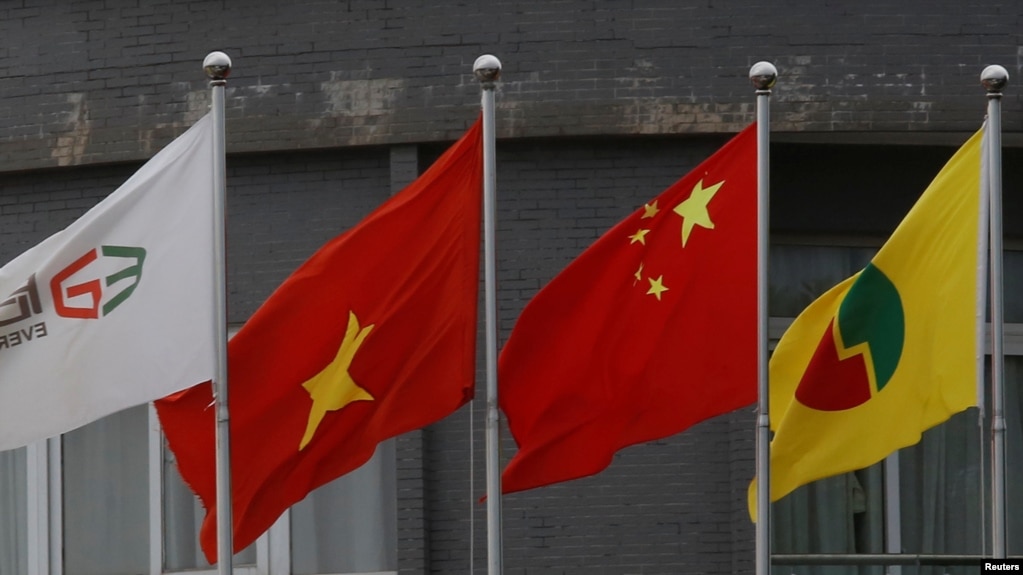After COVID, Chinese Suppliers Race to Vietnam

Vietnam has enjoyed a wave of investment from China since its northern neighbor ended its zero-COVID policy late last year.
Chinese companies invested in 45 new projects in the first 50 days of 2023, Vietnamese government data showed.
Major foreign companies including Samsung, Canon, and Hon Hai, the maker of Apple iPhones, already had factories in Vietnam. But supplies for many still largely came from China.
Industry experts say the new investors are mostly smaller suppliers to larger companies that were already established in Vietnam.
The move is related to the rising cost of labor in China, in addition to expanding U.S. restrictions on high-tech trade with China.
Border crossing
Those smaller firms offering supplies and services to larger companies with facilities already in Vietnam now make up most of the Chinese companies investing in Vietnam.
For example, in Vietnam's solar panel industry, there has been an increase of small suppliers to provide materials and services such as plastic molding, die casting and energy storage.
Last year, Chinese panel maker suppliers were behind two of the main investments in Vietnam in ready-made factories, says the CBRE Group. Such factories are often favored by smaller firms when entering new countries.
Chinese electronics, robotics and home appliance firms were also among the top spenders on industrial leases in Vietnam last year, the data showed.
Others included flooring firms, glass makers and suppliers of cartons and parts for Apple devices, said Do Hong Quan, head of Vietnam Investment Consulting.
As manufacturers worldwide still struggle to normalize because of the pandemic, Chinese firms have spent $250 million more on new factories in Vietnam as compared to the same period a year earlier, official data showed. That is second only to investment from Singapore, and more than traditionally bigger investors such as South Korea and Japan.
History of conflicts
Making the move to Vietnam is not without risks for Chinese businesses.
The two countries have a long and bloody history. And today, China and Vietnam are among several countries that have competing claims in the waters and islands in the South China Sea.
And in 2014, anti-Chinese sentiment caused Vietnamese rioters to target Chinese factories.
Investment applications from Chinese firms tend to be studied with extra care, resulting in delays or rejections. Chinese firms also experience longer wait times to get visas and permits for workers, said Filippo Bortoletti. He is with investment consultant firm Dezan Shira.
However, such risks are not enough to keep small suppliers away.
Words in This Story
facility - n. large building that is built for a special purpose
appliance - n. household machines such as stove, microwave, dishwasher...
sentiment - n. an attitude or opinion
application - n. official request for something
tend - v. used to describe something likely to happen
https://learningenglish.voanews.com/a/after-covid-chinese-suppliers-race-to-vietnam/7014954.html